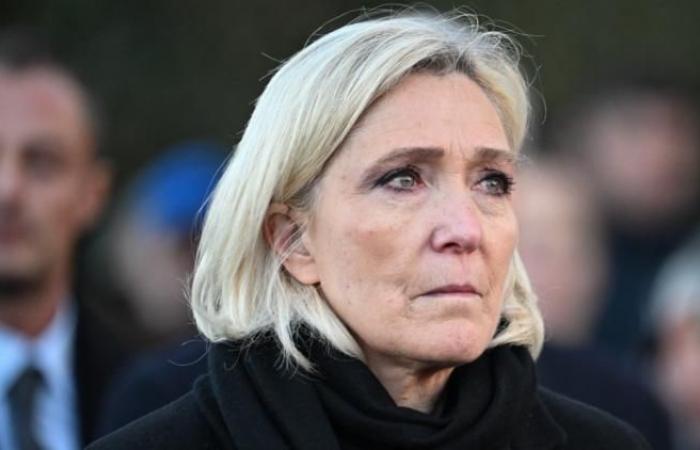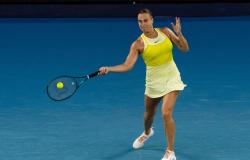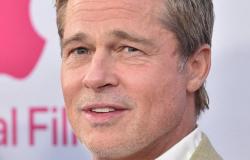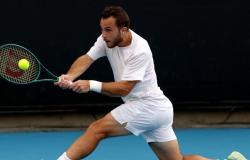Marine Le Pen spoke out a little less than a week after the death of her father, Jean-Marie Le Pen, explaining the circumstances in which she learned of it.
A very difficult moment. In an interview with JDD published this Sunday, January 12, the president of the RN in the National Assembly Marine Le Pen spoke about the death of her father, Jean-Marie Le Pen, which occurred on January 7.
During this interview, the MP revealed how she learned of the death of her father, who occurred at the age of 96.
“My press officer came to me saying there was a rumor about my father’s death. Honestly, I’ve been through this ten times already. I remind you that journalists had already wrongly announced it on numerous occasions. At the time, I didn’t believe it,” she confided, explaining that she was in Nairobi (Kenya), during a stopover.
“Out of conscience, knowing that he had very fragile health, I called my sister to find out what was going on. And it was she who taught it to me,” added Marine Le Pen, who noted a point in common with Queen Elizabeth II, who also learned of the death of her father, King George VI, during a visit to Kenya.
Throughout the interview, Marine Le Pen returned to the various controversies surrounding the death of her father, judging “filthy” and “unforgivable” the publication of a photo of her in tears when she learned of his death. of the one who was nicknamed the “Menhir”.
A significant trip to Mayotte
The leader of the RN also said she was “surprised” by the behavior of the political class, indicating that those around her had been touched by those who had adopted benevolent behavior. “Considering that adversaries are no longer human beings is simply unacceptable,” she admitted.
In addition to talking about her father, whose exclusion from the National Front she cannot forgive, Marine Le Pen spoke about her trip to Mayotte, a few weeks after the devastating passage of Cyclone Chido.
“The government, during its travels, chose a purely official approach (…). I made a radically different choice. We took cars and drove around the island, visiting seven different villages. Each time, the same simple questions, and the same edifying answers,” she explained, adding that “the reality on the ground is clear: it in no way corresponds to the official discourse.”






